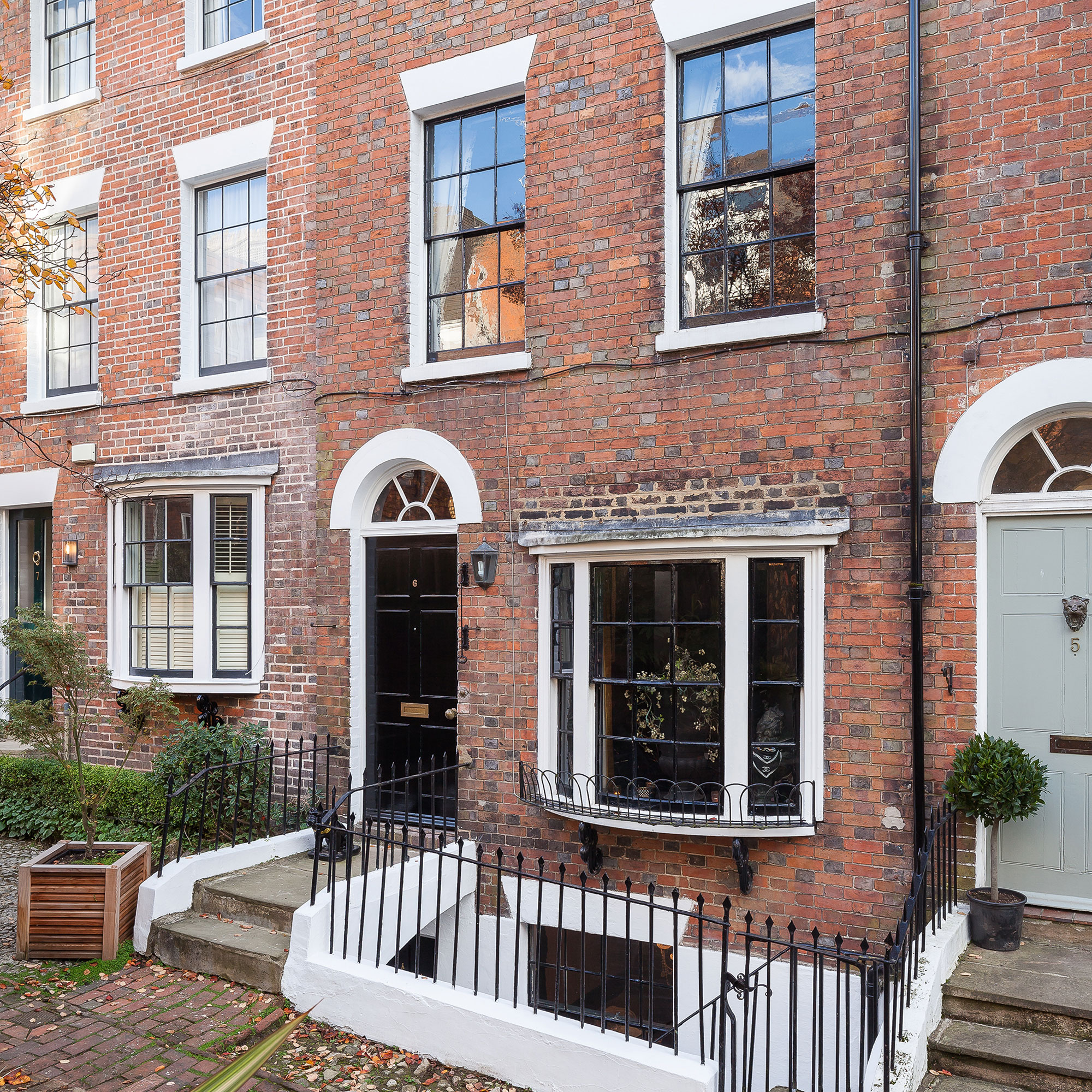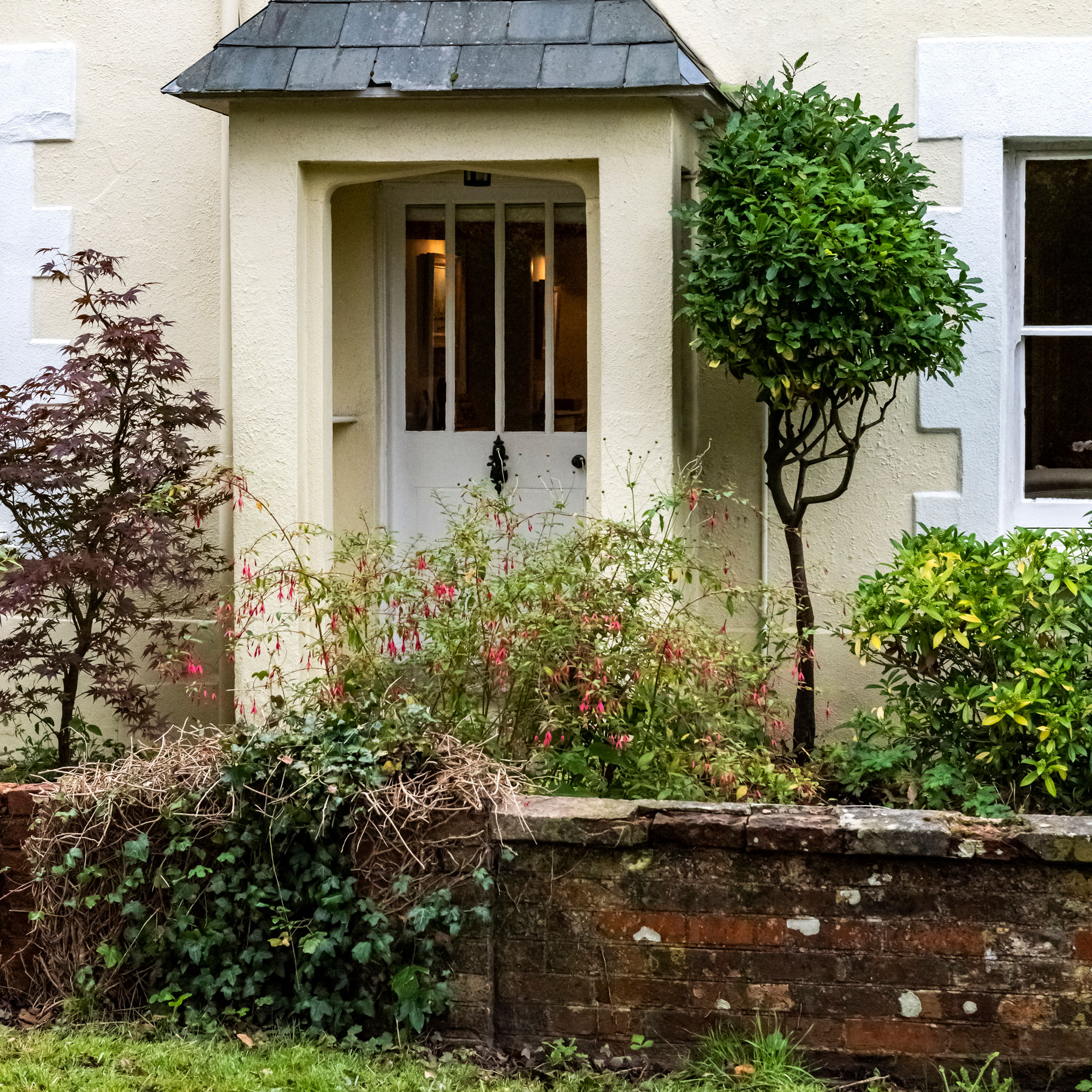Council tax when moving house – the complete guide to what you need to do
Don’t overlook your council tax when moving house - it’s a crucial bit of house-move admin
Sorting out your council tax when moving house can feel like just another thing to add to the to do list, but it’s really important that you remember to get it sorted.
If you fail to sort your council tax correctly, you could find that you are paying unnecessary costs on your old property and not paying correctly on your new one. You could also face a fine, or inadvertently find yourself responsible for any unpaid council tax of the people who moved into your old property after you.
Moving house is expensive enough, so best not to throw any unnecessary costs into the mix.
What do I do about council tax when moving house?
Your council tax won’t be changed automatically when you move house, so you need to inform the council of your move.
“In the UK, it is the legal responsibility of the resident in any property to tell the council they have moved in,” says Erin Doye of concierge service pleaseconnectme.co.uk. “This applies whether you are buying or renting a home, and even if you are exempt from paying council tax entirely.
“Registering with the council allows them to bill you correctly, as well as continue essential services like collecting your rubbish.”
Most councils will have a form on their website for you to complete when you’re moving home.
Sign up to our newsletter for style inspiration, real homes, project and garden advice and shopping know-how
Be ready with the following information:
- Your completion date if you are buying a property or the tenancy start date if you are renting.
- The first and surname of the new owner/s, landlord or tenant/s moving into your property and their current address. Giving the council the correct names of the persons living at the property will ensure the correct fees are charged to the correct people.
- The address and postcode of the property you are moving into.
- The first and surname of the new owner/s, landlord or tenant/s moving out of the property you are moving into.

Erin says: ‘By not registering with your local council you could wind up getting billed for the previous resident's tax. If the last person living at your house left an unpaid tax bill, your council can call in bailiffs or even try to take you to court if you haven't let them know a new person is responsible for the property.’
Do I need to notify the council when I move?
Whether you're a homeowner or a tenant in a property, it is your responsibility to let the council know if you move home.
“Always let your council know when you move out, it’s one of the most common mistake people make when it comes to registering and paying their council tax,’ says Erin.
“Your council will continue to take direct debit payments from your bank account until you let them know you have left the property.”
Identify the borough your new home falls under to get the right council to start paying bills on your new property. If you are not moving far, the process will be straightforward because your local council will remain the same – but you will still need to notify them of your move, regardless of the distance.
Failing to register could also mean you incur a fine, adds Erin.
Your council will try and reach out to you directly by post. If you don't respond to a request for your details within 21 days, you can face a £70 penalty. If a second request has to be made, the penalty will be £280, with the same penalty for each subsequent notice.
When should I notify the council of my new house?
Tell your council as soon as you have either completed the purchase of your new home or you’ve signed your tenancy agreement.
They will need the date that your tenancy ended or you sold your property, the date you moved out of your old property and the name of the landlord or new owner.
In addition, they will ask for the address of your new property and the name of anyone over 18 who is moving in with you.
How can I avoid paying council tax on an empty property?

By law, councils can charge an empty property tax if the property is not lived in and unfurnished for a period of two years or more. Property owners could be charged up to four times their normal council tax bill if their home has been empty for 10 years or more.
This is to discourage owners from leaving properties vacant when homes are in short supply. To find out how much your local authority charges, look on its website.
If the property is structurally unsafe or not air/water tight, you can make a request to the Valuation Office Agency (VOA) to have the property taken out of the council tax ratings list which means there is no council tax to pay.
The VOA will make this decision. You can find further details on Council tax: domestic properties which are in disrepair or are derelict at GOV.UK.
Tamara was Ideal Home's Digital Editor before joining the Woman & Home team in 2022. She has spent the last 15 years working with the style teams at Country Homes & Interiors and Ideal Home, both now at Future PLC. It’s with these award wining interiors teams that she's honed her skills and passion for shopping, styling and writing. Tamara is always ahead of the curve when it comes to interiors trends – and is great at seeking out designer dupes on the high street.